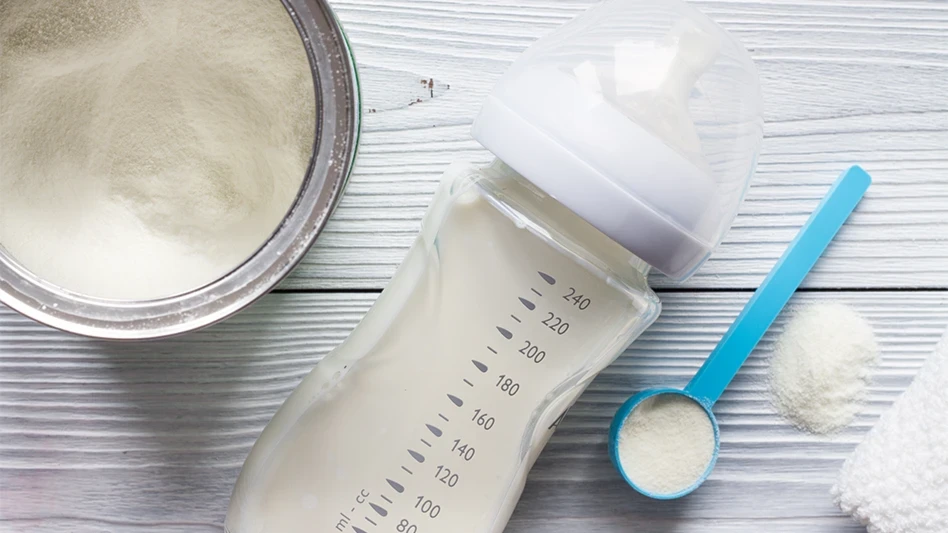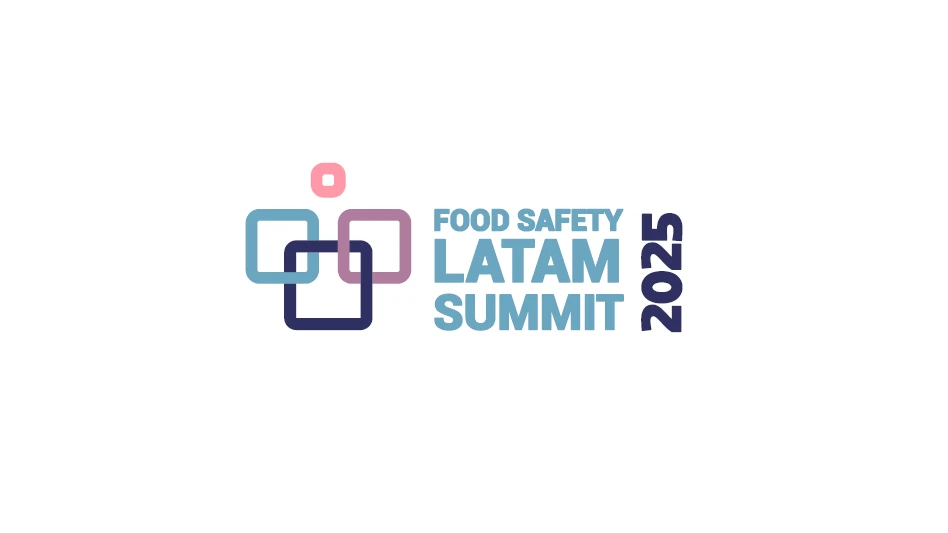
Adobe Stock | 279photo
The FDA released a Long-Term National Strategy to Increase the Resiliency of the U.S. Infant Formula Market. The strategy builds on the Immediate National Strategy to Increase the Resiliency of the U.S. Infant Formula Market that was released in early 2023 in direct response to the February 2022 infant formula recall and the subsequent shortage of infant formula in the U.S.
The Immediate National Strategy to Increase the Resiliency of the U.S. Infant Formula Market collected observations, described immediate actions and detailed short-term plans to improve the resiliency of the U.S. infant formula supply. Simultaneously, the FDA partnered with the National Academies of Sciences, Engineering and Medicine (NASEM), as directed by Congress, to further study challenges to the infant formula market in the U.S. in order to inform a long-term strategy.
The Long-Term National Strategy to Increase the Resiliency of the U.S. Infant Formula Market outlines long-term actions to improve information-sharing across all stakeholder groups, as well as actions taken since 2023, to help protect the integrity of the infant formula supply chain. The long-term strategy also addresses implementing measures for preventing contamination, incentivizing new infant formula manufacturers to enter the U.S. market, as well as authorities needed to gain better insight into the supply chain and risk for shortages.
Through this strategy, the agency aims to focus efforts on the areas where it has seen the largest impact, illustrate the accomplishments it has achieved in protecting this source of nutrition for our most vulnerable population and highlight where more efforts are needed to continually improve the supply for years to come. The FDA said it is committed to working with all stakeholders to improve the resiliency of the infant formula supply and to ensure that consumers have the utmost confidence that the infant formula available in the U.S. is safe and nutritious.
Download the long-term strategy here.
Latest from Quality Assurance & Food Safety
- RFK Directs FDA to Explore Elimination of GRAS Rule ‘Loophole’ for Food Ingredients
- New USDA Policy Aims to Streamline Pork and Poultry Processing
- USDA Reinstates Fired Probationary Employees
- QA Virtual Conference on Rodent Control in Food Facilities Set for April 2
- FDA Foods Coalition Urges RFK Not to Cut More Resources, Staff
- Understanding Rodents and Bird Flu
- Bird Flu: What FSQA Professionals Need to Know
- Registration Open for 129th AFDO Annual Educational Conference





